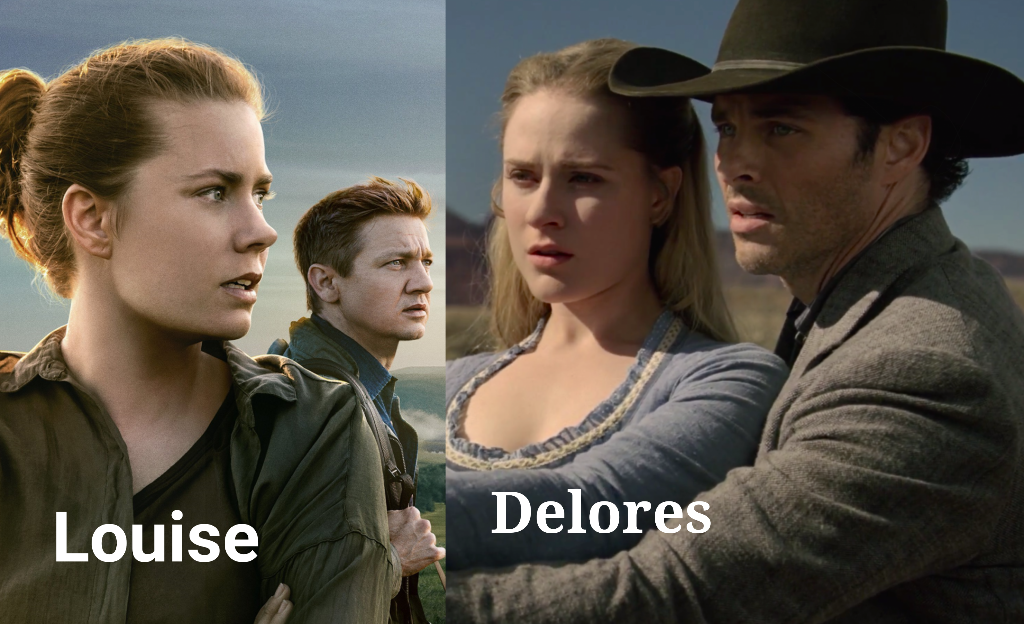Shows such as LOST and The Matrix broke new ground on presenting philosophical questions and answers in new storytelling methods and dramatic “footage”. New technologies and ecosystems of film production created an environment that was fertile for richer stories and producers demonstrated that the demand was there too.
After LOST especially, the dramatic storytelling landscape has become much more accepting of presenting philosophical and ethical content explicitly, often with shows titled with their philosophical content, and characters named after the philosopher most famous for presenting or originating the philosophical domain.
But there is a problem with simply presenting philosophical background stories. There is a problem with the idea that these dramatic narratives are simply presentations, rather than promotions. The Quora page on philisophical TV shows lists items such as how the high cost of health care supposedly drives a character to commit crimes as one of the best “philosophical” shows, and also how a crime boss has a brutal side, but also a human side. It is important, very important, to not accept these philosophical payloads into your consciousness uncritically.
This area of Phi-Fi is modeled loosely on the idea behind Jonathan Swift’s “Battle of the Books”, which is the recognition that philosophical texts dispute. They present operating systems or best-practices or ways of understanding or acting which do not all accord, and which you must, at some point in your life, decide between.
Most people in the world have followed philosophical premisses uncritically, but if you have read this far, you are one of the few who have at least taken some sense of agency over the decisions we all end up making. Thank you. Now, we have work to do.
These pages present the characters which stand in philosophical opposition.
